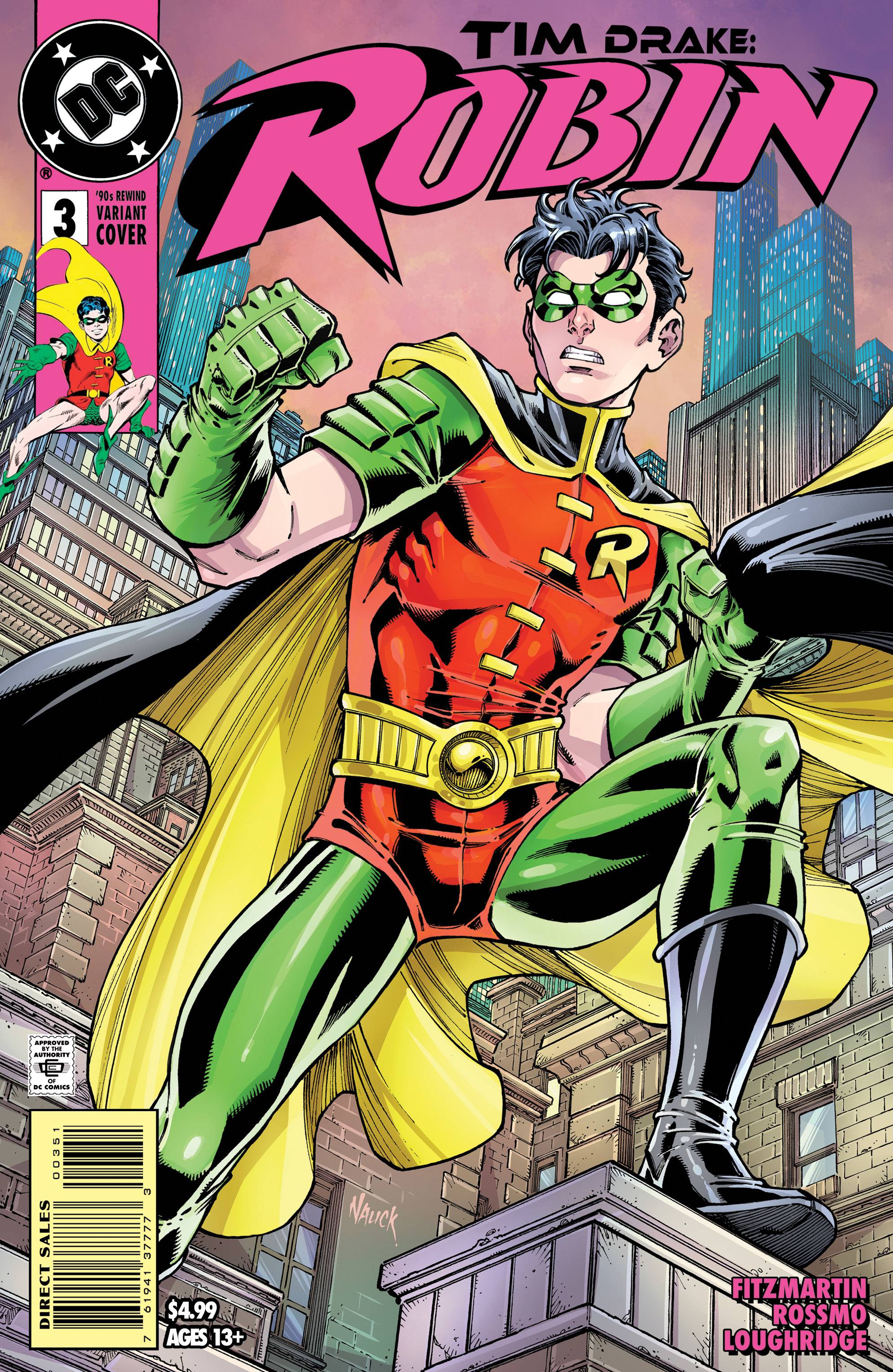The world lost a truly special talent when Robin Williams passed away. His passing, naturally, led many to think about the incredible body of work he left behind, the laughter he shared, and the tears he sometimes brought forth. People often wonder about the financial side of such a remarkable career, too. So, it's almost natural for questions to pop up about Robin Williams' net worth and what his financial standing looked like.
He was, in a way, more than just an actor or a comedian; he was a force of nature. His energy on stage and screen was simply unmatched, and his ability to transform into so many different characters was truly something to behold. It makes sense that folks would be curious about the financial aspects of a life so dedicated to entertaining millions.
This article aims to shed some light on the various figures reported regarding Robin Williams' net worth at the time of his death, exploring the different perspectives and what contributed to his financial standing. We'll also touch upon the enduring value of his artistic contributions, which, arguably, far exceed any monetary measure.
Table of Contents
- Biography and Personal Details
- The Financial Picture at the Time of His Passing
- Robin Williams' Legacy Beyond the Numbers
- Frequently Asked Questions About Robin Williams' Net Worth
Biography and Personal Details
Robin McLaurin Williams was an American actor and comedian whose vibrant performances captivated audiences for decades. Born in Chicago, Illinois, he possessed a unique gift for improvisation and a boundless imagination that allowed him to bring characters to life in ways few others could. His career spanned nearly 40 years, leaving an indelible mark on both comedy and drama.
He was, very truly, a beloved figure, known not only for his quick wit but also for a deeply empathetic side that shone through in many of his more serious roles. His contributions to the entertainment world are vast, and his influence continues to resonate with new generations of performers and fans alike. People often remember him for his generosity of spirit, too.
Here are some key personal details about the remarkable life of Robin Williams:
| Full Name | Robin McLaurin Williams |
| Date of Birth | July 21, 1951 |
| Place of Birth | Chicago, Illinois, U.S. |
| Date of Death | August 11, 2014 |
| Occupation | Actor, Comedian |
| Years Active | 1976–2014 |
| Notable Works | Mork & Mindy, Good Morning, Vietnam, Dead Poets Society, Aladdin, Mrs. Doubtfire, Good Will Hunting |
| Awards | Academy Award, Golden Globe Awards, Grammy Awards, Screen Actors Guild Awards |
The Financial Picture at the Time of His Passing
When someone of Robin Williams' stature passes away, there's often a great deal of curiosity surrounding their financial affairs. It's a natural thing to wonder about the wealth accumulated over such a long and successful career. His work in Hollywood spanned decades, earning him a place among the highest-paid performers of his time. This, in a way, contributed significantly to his overall financial standing.
His financial success was, more or less, a reflection of his widespread acclaim and the massive popularity of his films. The sheer volume of his work, from hit movies to stand-up specials, meant a steady stream of income over many years. This financial aspect, while interesting, is just one part of his story, naturally.
Varying Estimates of Wealth
The exact figure for Robin Williams' net worth at the time of his passing has been a topic of some discussion, with various sources reporting different amounts. It's not uncommon for these estimates to differ slightly, depending on what assets are included in the calculations. Some reports, for instance, suggested a figure of around $50 million.
Other sources, however, painted a slightly different picture. According to The New York Times, for example, the comedian's estate was worth about $100 million at the time of his death. This higher figure, arguably, includes a broader range of assets and investments. Investopedia, another reputable source, stated that Robin's estate at the time of his death was estimated to be worth between $50 million and $100 million dollars, which, you know, gives us a range.
This range of estimates, from $50 million to $100 million, shows that while there's a general idea, pinpointing an exact number can be tricky. It highlights the complexities involved in valuing a person's entire financial portfolio, especially one as diverse as his. What was clear, though, was that he had accumulated substantial wealth.
Sources of Income
Robin Williams' financial success was built on a multifaceted career that spanned various entertainment avenues. His primary income streams came from his acting roles in films and television shows, as well as his highly acclaimed comedy performances. He was, quite simply, a master of both.
His films alone were incredibly successful, grossing nearly $5 billion worldwide during his career. This staggering figure demonstrates the immense global appeal of his cinematic endeavors. Each successful film, naturally, contributed significantly to his overall earnings, making him a very sought-after talent.
Beyond the big screen, his stand-up comedy was a major draw. His live performances were legendary, known for their improvisational brilliance and lightning-fast wit. These comedy tours and specials, too, added substantially to his wealth over the years. His ability to command a stage was, in a way, unparalleled.
In 2008, for instance, his salary from a film like "A Couple of Dicks" would have been part of his annual income, though specific figures for that particular role are not widely publicized in the provided text. His wealth was, in some respects, a mix of impressive real estate, investments, and earnings from his extensive body of work. It was a pretty comprehensive financial picture, really.
His Estate and Its Value
At the time of his passing in August 2014, Robin Williams' financial holdings were organized as an estate. This estate included a variety of assets, from properties to intellectual property rights related to his work. The value of this estate, as mentioned, was reported differently by various outlets.
The New York Times, for example, reported his estate was worth about $100 million. This figure likely encompasses all his assets, including homes, investments, and future royalties from his films and shows. It's a comprehensive look at his financial legacy, you know, at that specific moment.
Investopedia's estimate of between $50 million and $100 million for his estate further highlights the range of figures circulating. This wealth was, more or less, a result of decades of hard work and strategic financial management. It reflects a career that was both artistically profound and financially rewarding.
Some discussions even ponder what his wealth would be worth today, after adjusting for inflation, or how his estate's value might have changed. As of the year 2024, some estimates suggest Robin Williams’ net worth, or rather, the value of his estate, is around $100 million. This, arguably, speaks to the enduring value of his assets and the careful planning that went into his financial arrangements.
Robin Williams' Legacy Beyond the Numbers
While discussing Robin Williams' net worth provides a glimpse into his financial success, it's important to remember that his true wealth lies in something far more profound. His unparalleled ability to connect with audiences, his infectious humor, and his boundless energy are what truly define his legacy. That, in a way, is something money just can't buy.
His impact on the entertainment industry is immeasurable. He brought joy to millions of people around the world, making them laugh and cry with equal measure. His versatile acting abilities allowed him to move seamlessly between uproarious comedy and deeply moving dramatic performances, something very few performers manage to do so well.
The films he starred in and the characters he created continue to resonate with new generations. His work is still watched, still loved, and still inspires. This lasting cultural footprint is, arguably, a much richer inheritance than any monetary sum. It's a testament to his unique genius and the deep connection he formed with his audience.
So, while the figures related to his net worth are interesting, they represent just one facet of his remarkable life. His true fortune was, in some respects, the joy he spread and the indelible mark he left on the hearts of people everywhere. Learn more about his incredible career on our site, and delve deeper into his filmmaking impact.
Frequently Asked Questions About Robin Williams' Net Worth
People often have questions about the financial aspects of public figures, and Robin Williams is no exception. Here are some common inquiries regarding his financial standing.
What was Robin Williams' net worth at the time of his death?
At the time of his death in August 2014, estimates for Robin Williams' net worth varied. Some reports indicated a figure of approximately $50 million. However, other sources, like The New York Times, stated that his estate was worth about $100 million. Investopedia also reported a range, estimating his estate to be worth between $50 million and $100 million dollars. So, it's a bit of a range, naturally.
How did Robin Williams accumulate his wealth?
Robin Williams built his wealth through a long and incredibly successful career as an actor and comedian. His income came from starring roles in numerous successful films and television shows, as well as his highly popular stand-up comedy performances. His movies alone grossed nearly $5 billion worldwide, which, you know, is a lot of money. His wealth was, basically, a mix of impressive real estate and earnings from his extensive work in entertainment.
What was Robin Williams' estate worth according to The New York Times?
According to The New York Times, the comedian's estate was worth about $100 million at the time of his death. This figure represents the total value of his assets and holdings at that specific point in time. It's a pretty significant sum, really, reflecting his long and successful career. You can read more about it in their archives, for example, which is a credible source of information.



